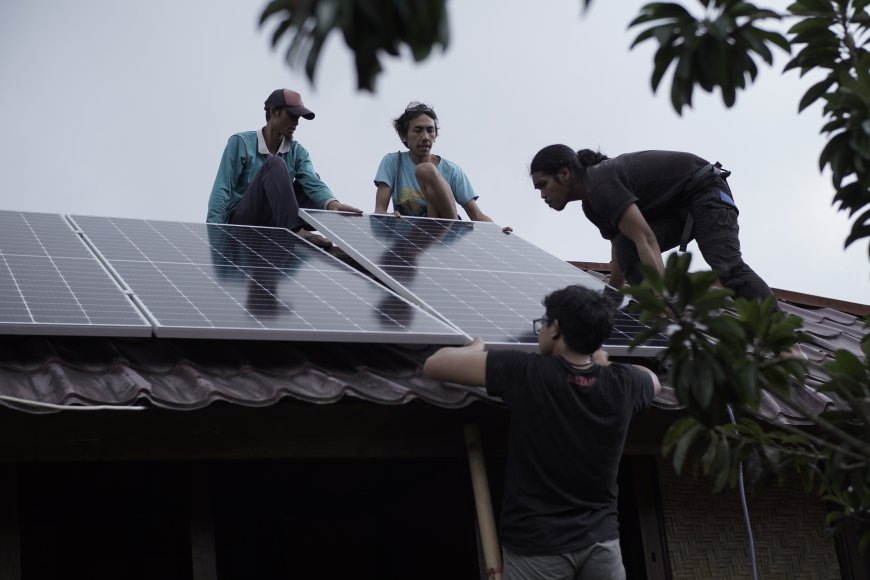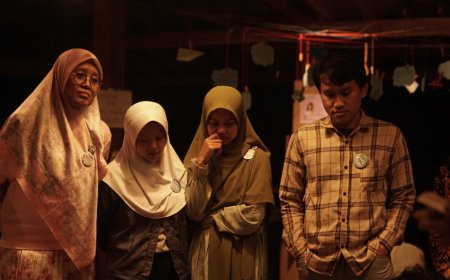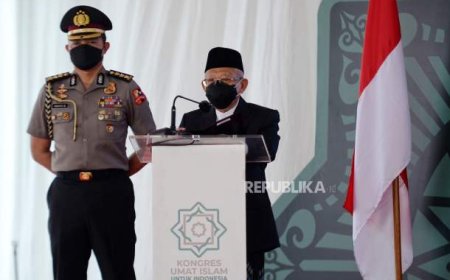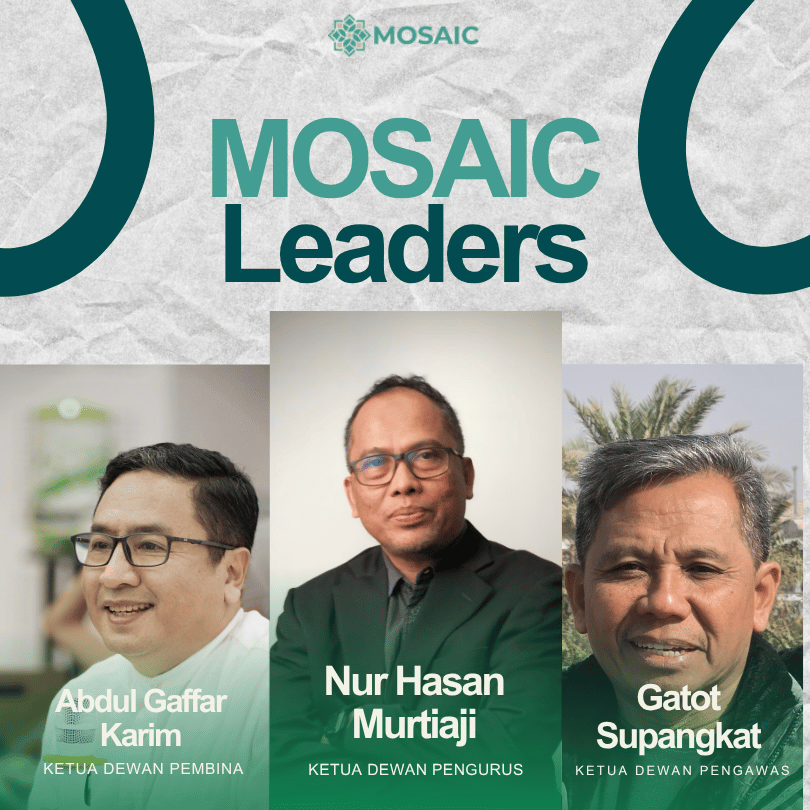MOSAIC Presented Solar-Powered Electricity for Mosques in Rinjani
This initiative is part of the Aldekah Energi program, one of the follow-up programs of the Congress of Muslims for Sustainable Indonesia initiated since 2021

Religion—and beliefs—have a vital role in people's lives. Not only about things of a transcendental nature, religion is both a vessel and a means of dealing with a wide variety of world problems. Through the institutions, houses of worship, and the organizations that shelter them, religions and religious people can exert all their potential to contribute to the challenges of the climate crisis that is sweeping the world today.
ALMS ENERGY MOSAIC
On March 28, 2023, Muslims for Shared Actions on Climate Impact/MOSAIC presented solar-powered electricity for Al-Ummah Al-Islamiyah Mosque at the Al Ma'hadul Islami Yayasan Pesantren Pondok (YAMI) located at the foot of Mount Rinjani in Sembalun Village, East Lombok Regency, West Nusa Tenggara.
This initiative is part of the Aldekah Energi program, one of the follow-up programs of the Congress of Muslims for Sustainable Indonesia initiated since 2021. MOSAIC is a collaboration of various elements of society consisting of Islamic organizations (LPBI NU and MLH Muhammadiyah), mass media, academic institutions (PARES UGM), businesses, and non-profit institutions focused on solutions and innovations to mitigate the impacts of climate change.
Through Alms Energy, MOSAIC strives to encourage more environmentally friendly energy use and less pollution in houses of worship. MOSAIC encourages the collaboration of Muslim groups in addressing the challenges of climate impacts through an approach that aligns with Islamic values.
At Al-Ummah Mosque, MOSAIC installed 17 solar panels, with 12 on the side sides and 5 on the roof part of the mosque. With a total capacity of 4,700 WP, the solar panels are able to meet 100% of the electricity needs of the mosque, which is the center of religious and socio-economic activity for more than 100 worshippers. The presence of these solar panels is a solution to the electricity limitations that are often faced by mosque administrators and residents in the vicinity. During this time, the mosque was dependent on electricity from PLN which often went out due to weather factors
“Yesterday because of the limited flow of electricity, we lacked water. In order to worship alone, the worshipper must go home. We even had to buy water using a seesaw truck to distribute it to the community,” said the mosque's takmir, Muhammad Shahidul Wathan
.
Encouraging Shared Responsibility
Electricity from the solar panels also helps illuminate learning and teaching in schools and keeps street lights around mosques that have long been extinguished back on. In addition, solar panels in the mosque also illuminate seven residents' homes around the mosque, as well as being a source of energy for village water pumps used to irrigate gardens around the mosque and property of residents, including those belonging to the farming community.
In addition to providing solar panels, the MOSAIC Energy Alms program also equips citizens, both men and women totaling 19 people, with training and knowledge transfer on the operation and maintenance of solar panels. “Thus, it is expected that the 19 residents will be able to take a role in self-maintenance, so that the solar panels can function properly for up to 25 years,” said Elok Faiqotul Mutia, Energy Alms Coordinator.
Sustainability initiatives such as MOSAIC's through Alms of Energy need to be improved, adapted, and expanded in scope by religious communities to help address the increasingly tangible impacts of climate change. To this end, cross-religious and cross-sectoral collaboration needs to be constantly improved.
“More than a place of worship, mosques are a center of social activity for the community. For this reason, it is our joint responsibility to spread awareness about the importance of switching to renewable energy sources, starting from mosques,” said Muhammad Ali Yusuf, the MOSAIC Steering Board of the NU LPBI Institute. (https://greennetwork.id/kabar/sedekah-energi-mosaic-hadirkan-listrik-bertenaga-surya-untuk-masjid-di-kaki-rinjani/)







